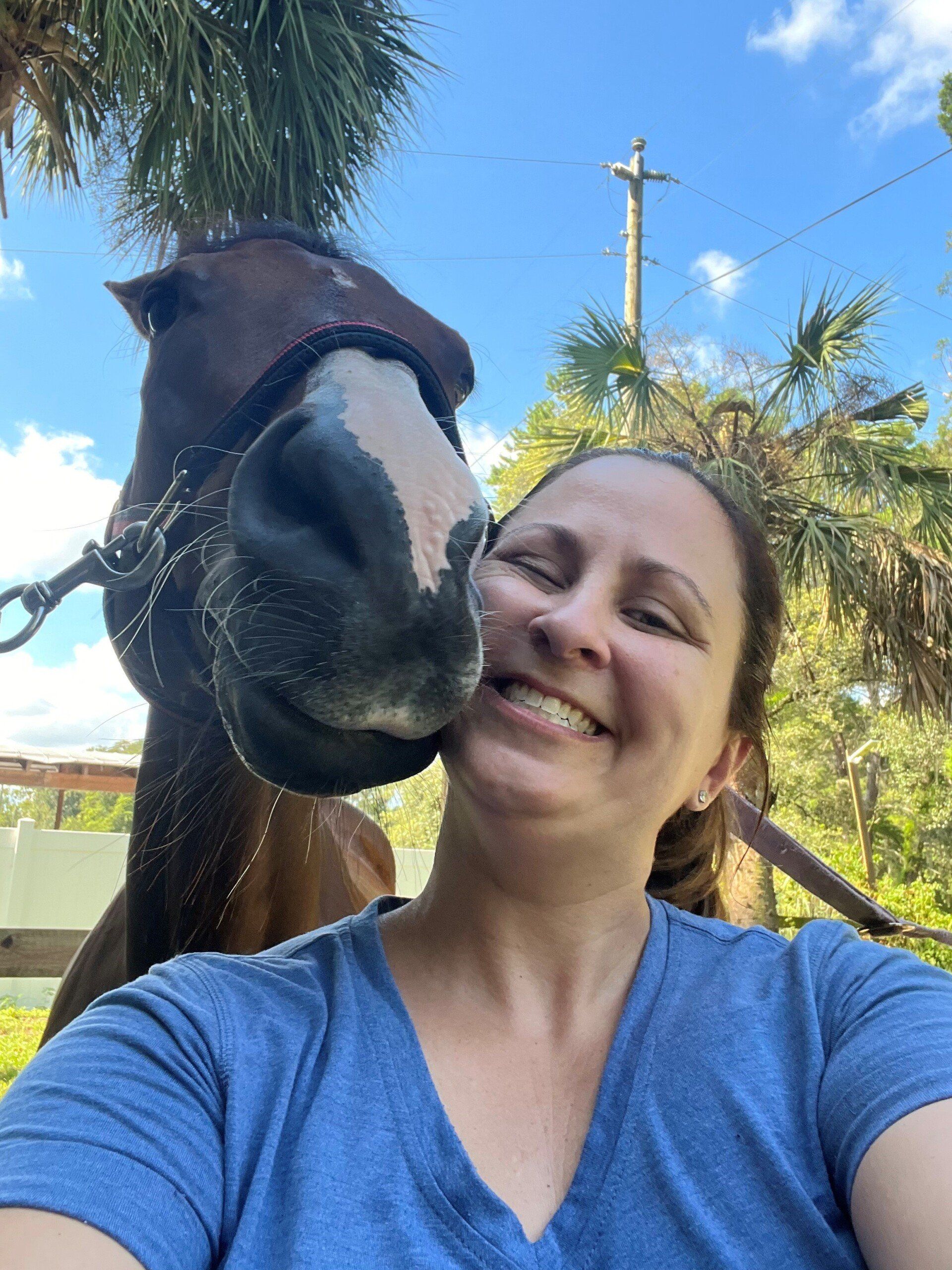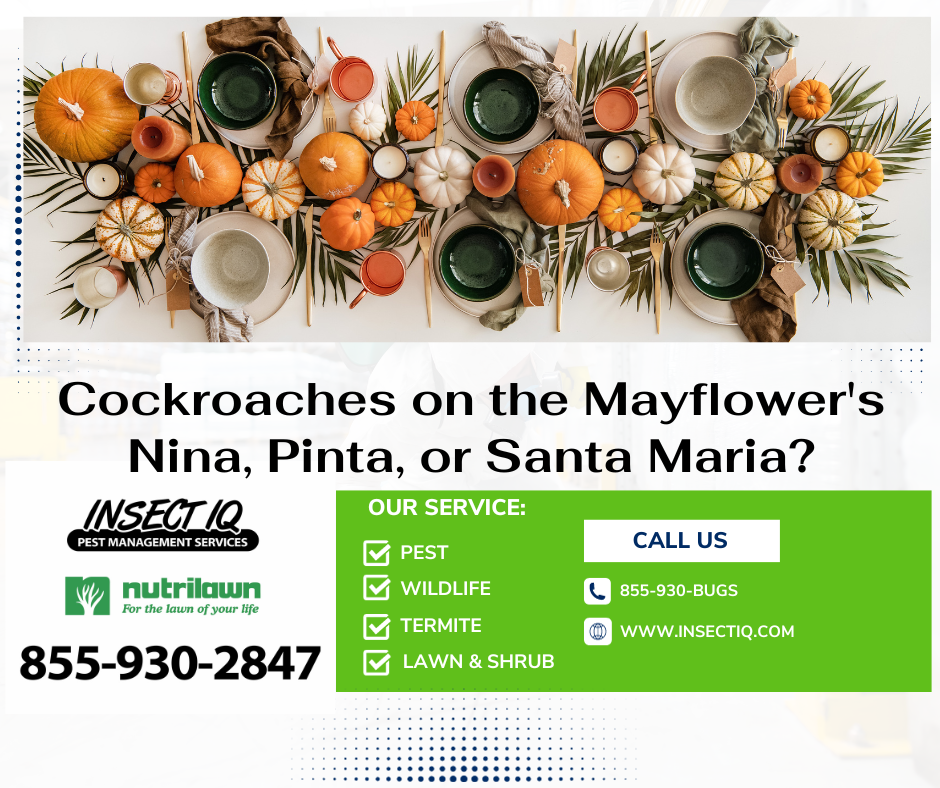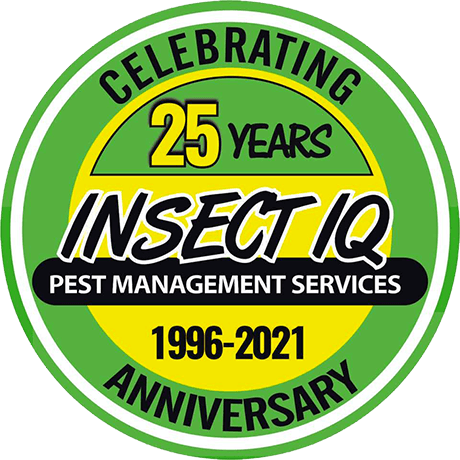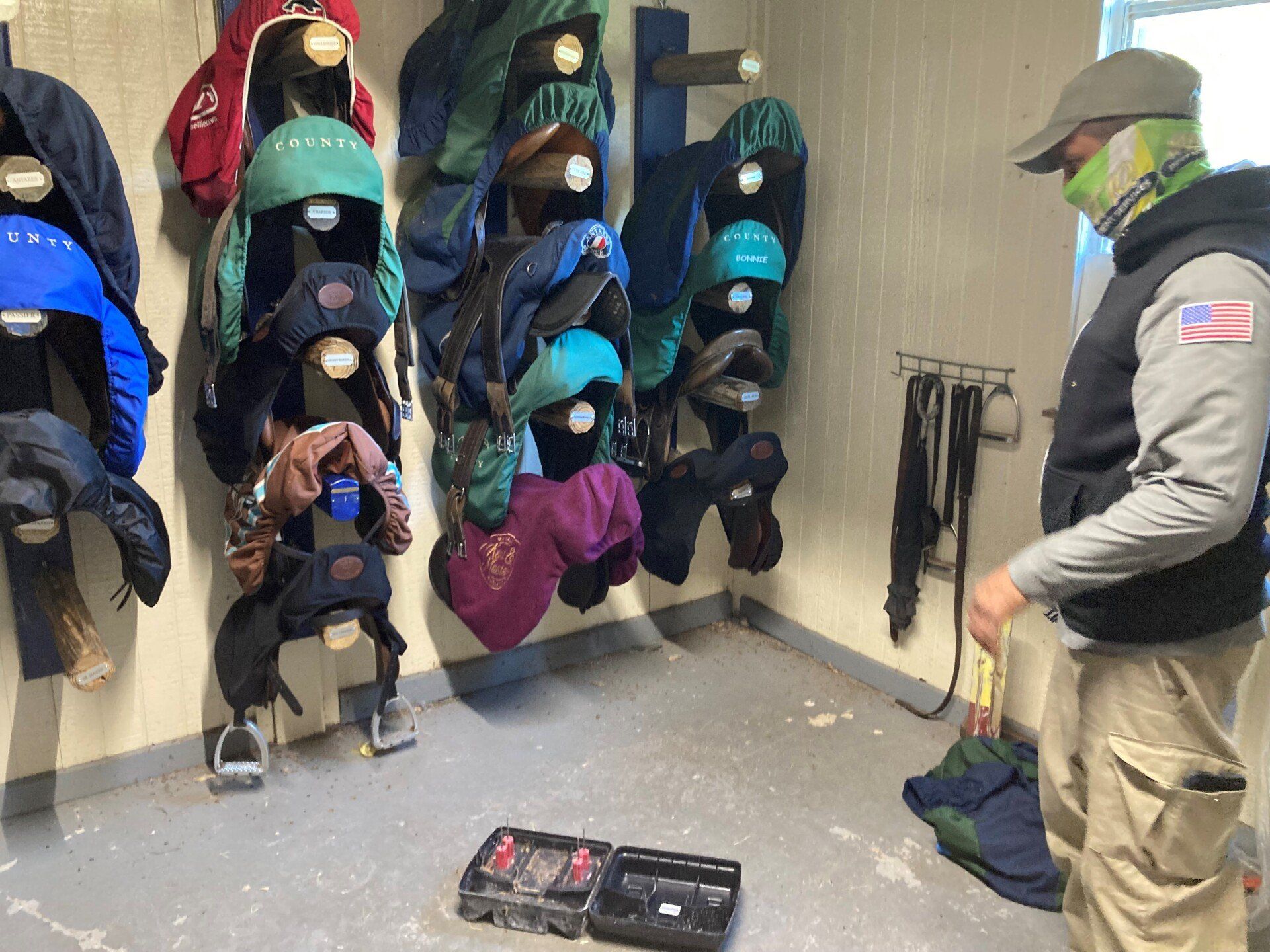
HERE ARE A FEW CRITICAL AREAS.
This problem stinks. Mice and rats are two things – adorable in a cartoon movie, and utterly disgusting and potentially dangerous on a farm. How do you deal? You learn about them and then you conquer them. Rodents live in a 20-foot radius from food. This means that if you are finding mice or mice poop, you are in their 20-foot radius.
FEED ROOM:
Make certain that all containers are shut. Grains in cans or containers with tightly shut lids. All supplements tucked away. If you are pre-making meals, keep them secure in a trunk or other sealed container. Clean up spills right away – and this means that your little trash can inside the feed room is now a buffet – so take food scraps and dropped grain bits to the dumpster roadside instead.
STORAGE ROOM:
There is a lot of mouse bedding readily available, so keep your blankets and pads neatly folded and in sealed bags. I like the vacuum bags, they help save space and keep mice out of the blankets. If your storage room is close to the feed room or stalls, those mice can eat, then go home to their fluffy pads. Trunks are good, too, for storage of potential mouse nesting material.
INSECT IQ’s RODENT ABATEMENT PROGRAM
Initial Inspection
The initial inspection will consist of critical elements: (1) a thorough inspection to identify the species involved, key harborage sites and factors encouraging rodent/animal build-up; (2) recommendations for effective sanitation to deny rodents/animals food and harborage; (3) possible rodent/animal proofing by the physical elimination of all entry points and potential openings through which rodents/animals can gain entry into buildings (as needed basis)
Interior Monitoring & Inspection
The interior monitoring will consist of an Integrated Pest Management (IPM) approach to rodent control. For fourteen days (14) following the Intensive Inspection (rodents/mice only), rodent snap traps will be set throughout the entire building in inaccessible areas. These traps will be checked twice/week for rodents. After the fourteen-day period, the snap traps will be removed from the building.
Population Reduction
Population reduction is achieved by the successful application of rodenticides in secured, locked, tamper resident boxes installed strategically around the exterior of the structure. Other population control methods may be utilized to reduce the rodent population placing pressure on the structure.
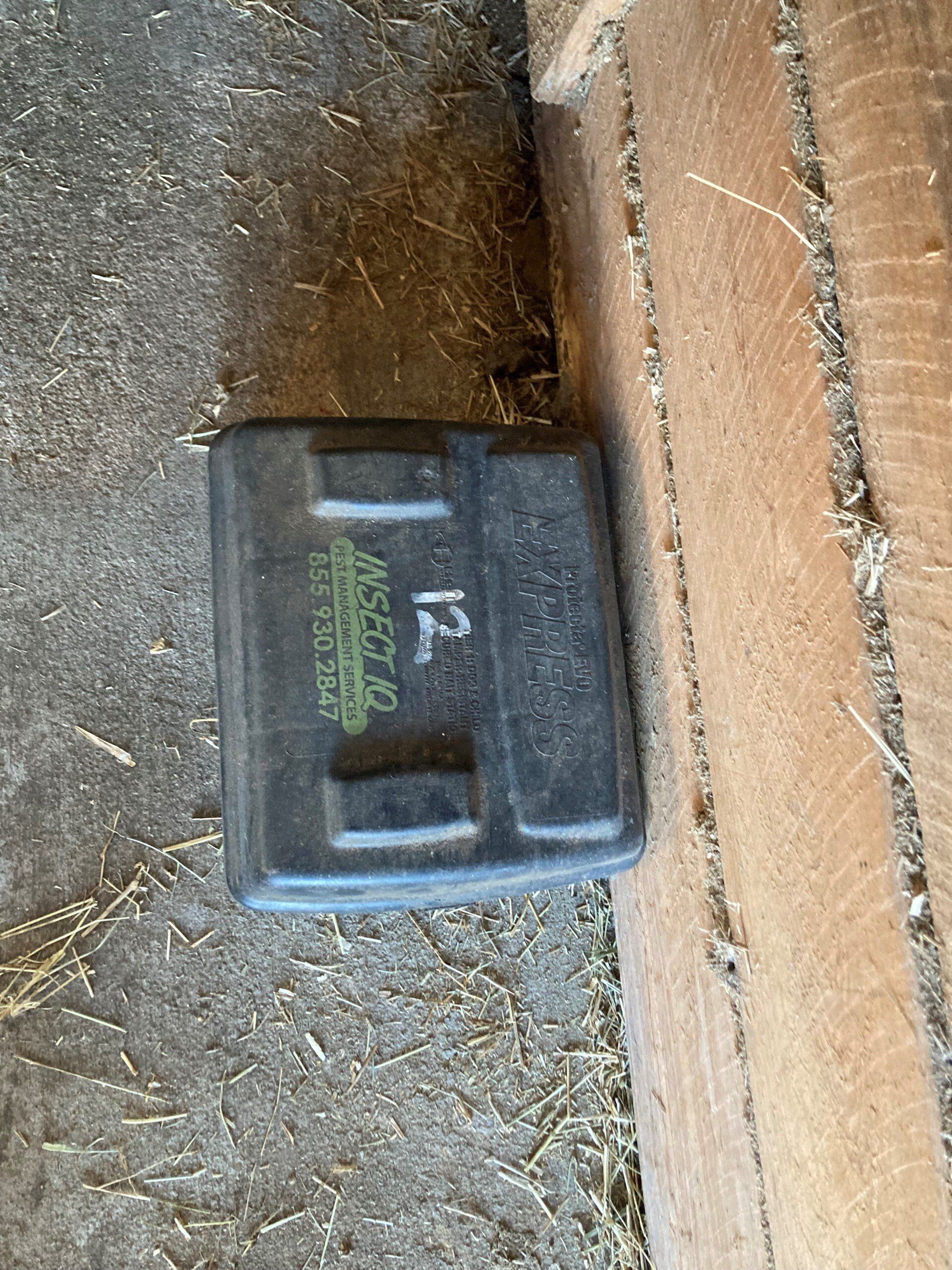
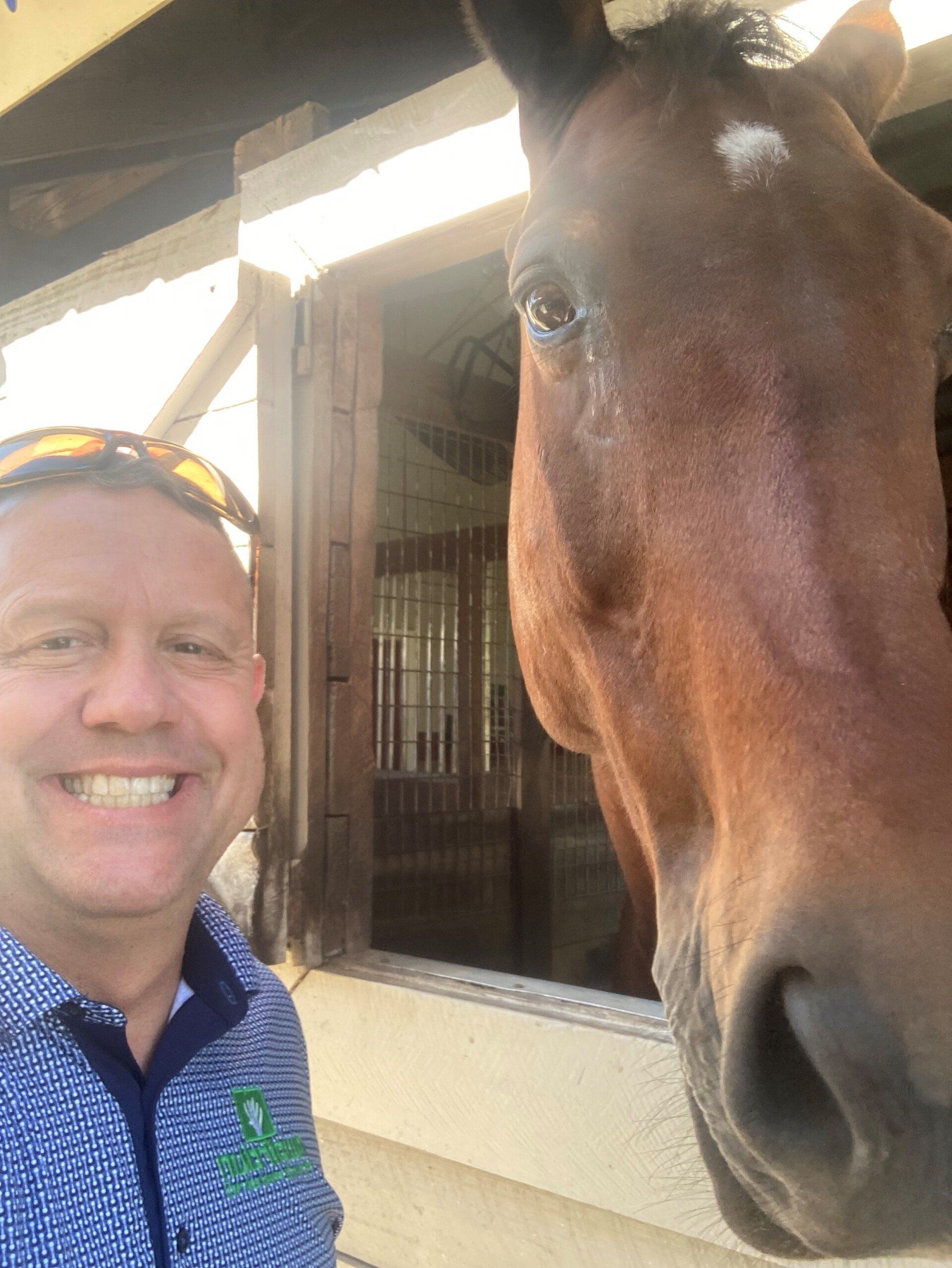
Experience Matters!
Our professional wildlife technicians are trained and skilled in the art animal trapping and abatement Our family-owned business (2 University of Florida Entomologists on staff, "Father & Son") was established in 1996 and throughout the past 26 years, we have devised various fool-proof wildlife care options that will keep your barn free of unwanted animals.
Call today for a FREE consultation, 855-930-2847. Or visit us at
https://www.insectiq.com/our-services/wildlife-services to learn more about our wildlife management services.
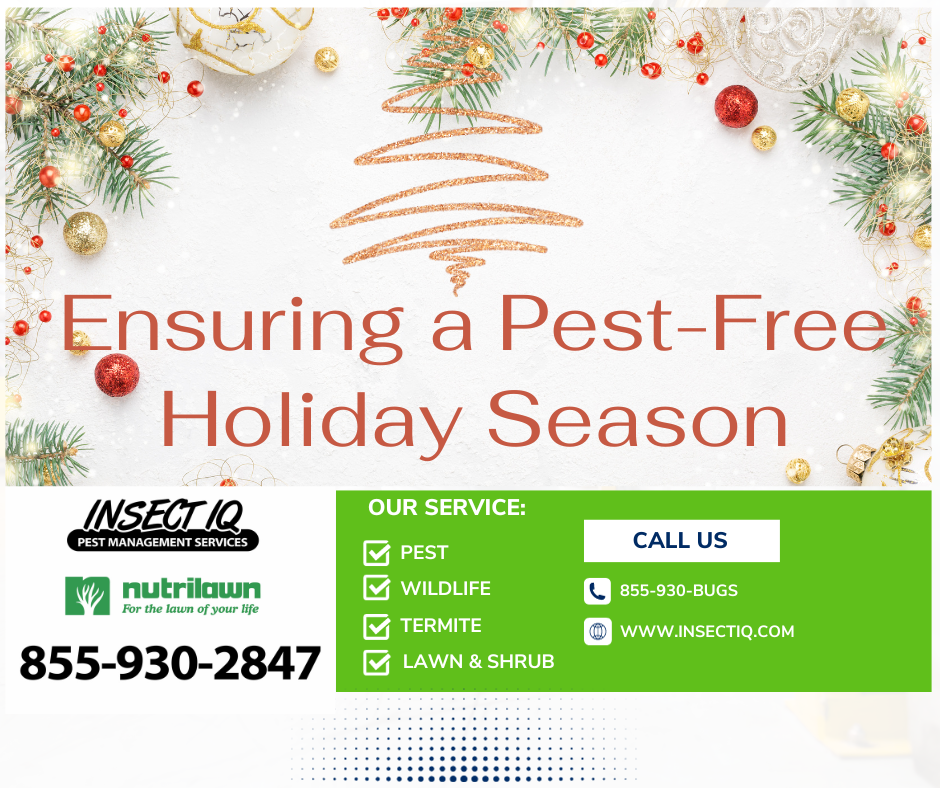
Insects and Rodents in Your Christmas Decorations Ensuring a Pest-Free Holiday Season with Insect IQ
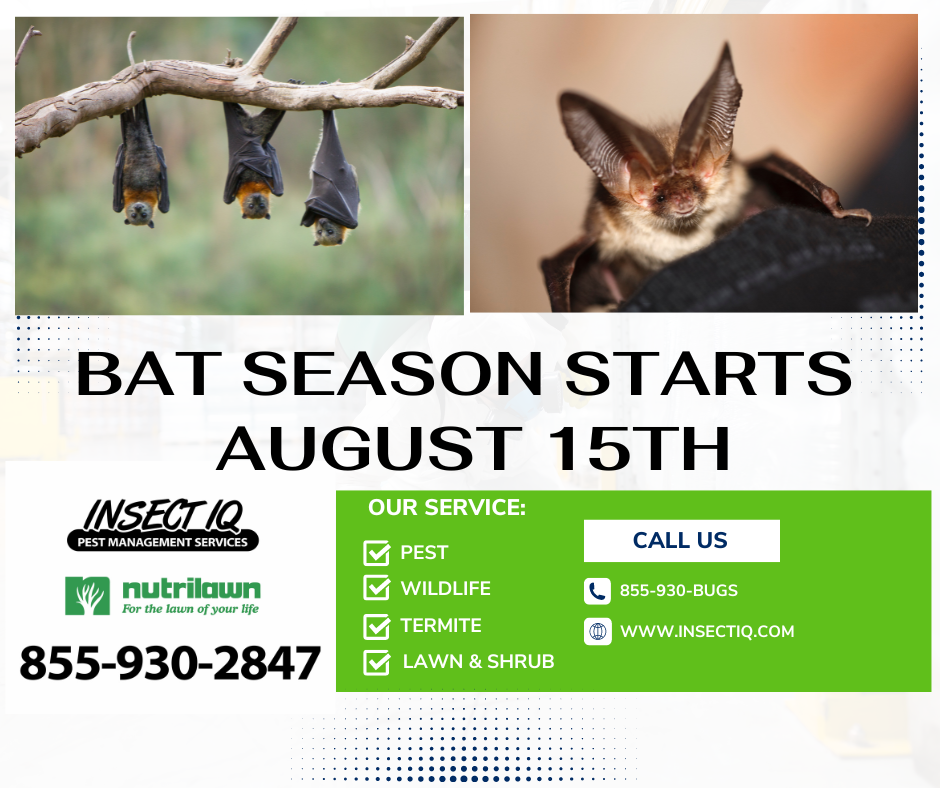


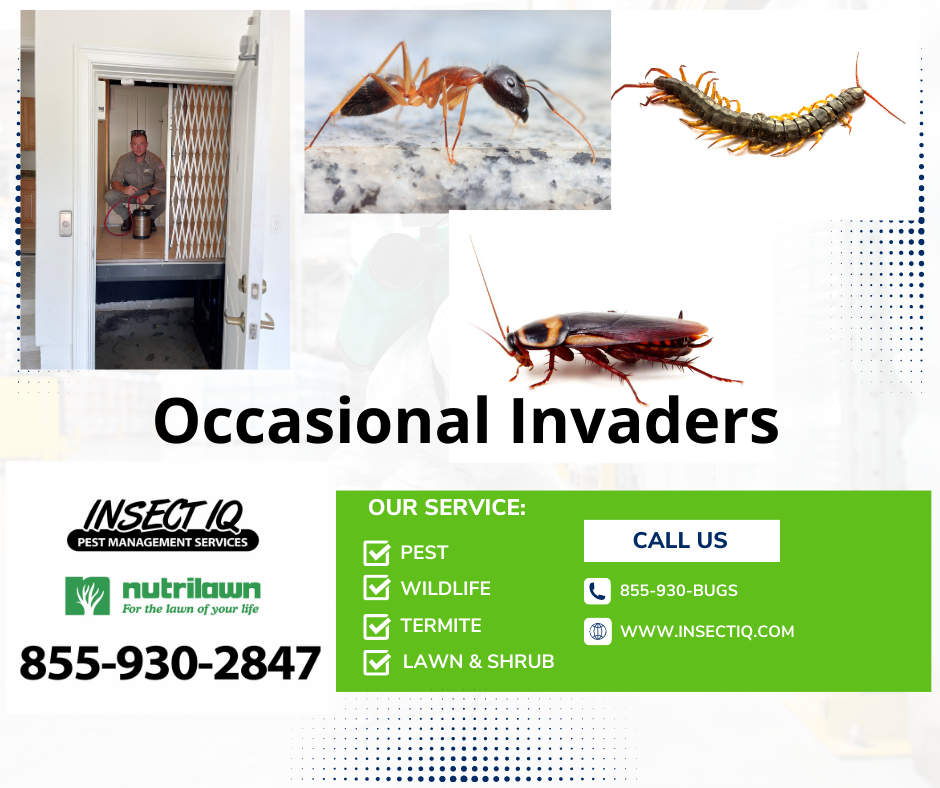
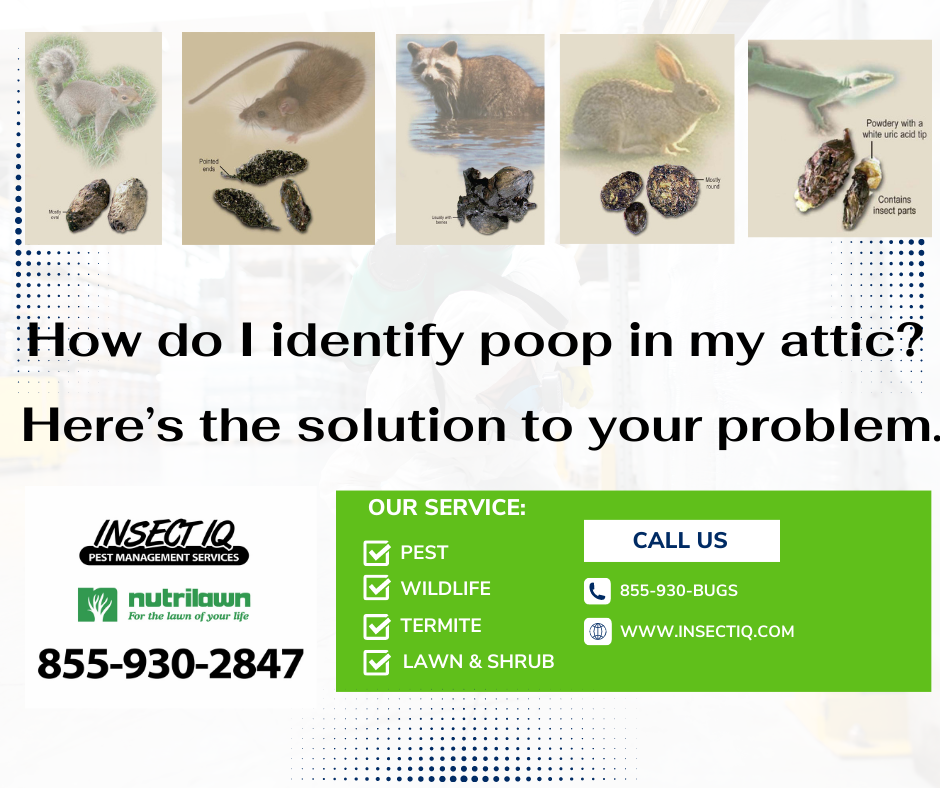
Insect IQ has been serving Florida Clients that has been providing commercial pest control and a variety of pest control services since 1996. Our pest experts are licensed professionals and exceptionally trained.
Contact Us
You can always contact us via email, text, call or chat. If you need to schedule a visit or have a question about bugs or other stinging insects?. We are standing by 24/7 to help.
855-930-2847 (bugs)


